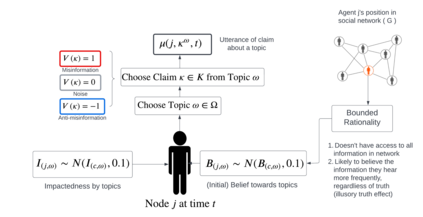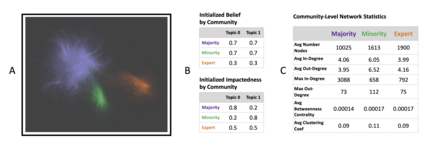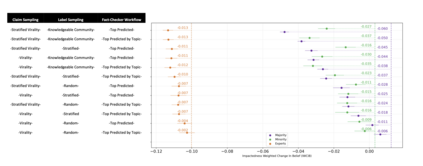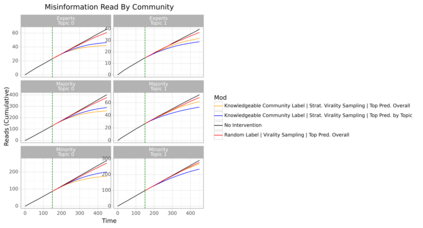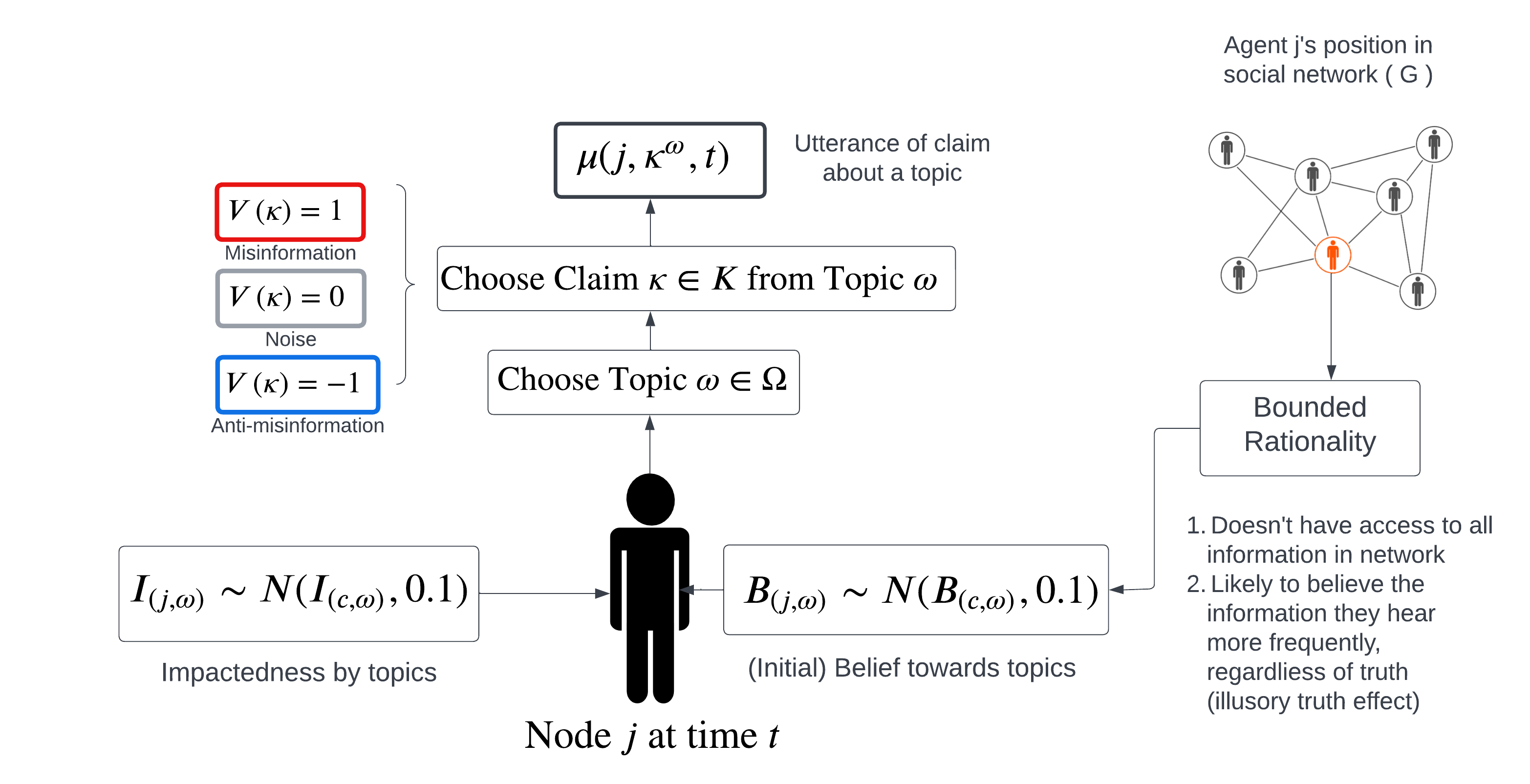In recent years, algorithms have been incorporated into fact-checking pipelines. They are used not only to flag previously fact-checked misinformation, but also to provide suggestions about which trending claims should be prioritized for fact-checking - a paradigm called `check-worthiness.' While several studies have examined the accuracy of these algorithms, none have investigated how the benefits from these algorithms (via reduction in exposure to misinformation) are distributed amongst various online communities. In this paper, we investigate how diverse representation across multiple stages of the AI development pipeline affects the distribution of benefits from AI-assisted fact-checking for different online communities. We simulate information propagation through the network using our novel Topic-Aware, Community-Impacted Twitter (TACIT) simulator on a large Twitter followers network, tuned to produce realistic cascades of true and false information across multiple topics. Finally, using simulated data as a test bed, we implement numerous algorithmic fact-checking interventions that explicitly account for notions of diversity. We find that both representative and egalitarian methods for sampling and labeling check-worthiness model training data can lead to network-wide benefit concentrated in majority communities, while incorporating diversity into how fact-checkers use algorithmic recommendations can actively reduce inequalities in benefits between majority and minority communities. These findings contribute to an important conversation around the responsible implementation of AI-assisted fact-checking by social media platforms and fact-checking organizations.
翻译:近年来,将算法纳入到事实核查管道中,这些算法不仅用来标出过去经过事实核查的错误信息,而且用来提出建议,说明哪些趋势主张应该优先进行事实审查,即所谓的“标准值”范式。 虽然一些研究审查了这些算法的准确性,但没有调查这些算法(通过减少接触错误信息的机会)如何在各在线社区之间分配好处。在本文件中,我们调查了AI开发管道多个阶段的不同代表制如何影响由AI协助的对不同在线社区进行事实审查的好处的分配。我们利用我们的新颖的Top-Aware、社区应用Twitter模拟器(TACIT)在大型Twitter追随者网络上模拟信息传播,以产生真实和假信息在多个专题上的实际连锁。最后,我们利用模拟数据作为测试台,我们实施许多明确考虑到多样性概念的算法事实校正干预措施。我们发现,在抽样和标签核对核对核对核对核对核对核对标准模型时,有代表性和平等性的方法可以导致网络范围的传播信息传播,在多数负责的社群中,同时将多样性纳入重要事实分析,同时,使大多数对话组织积极核对这些重要事实,使多数组织在社会分析结果产生结果。

